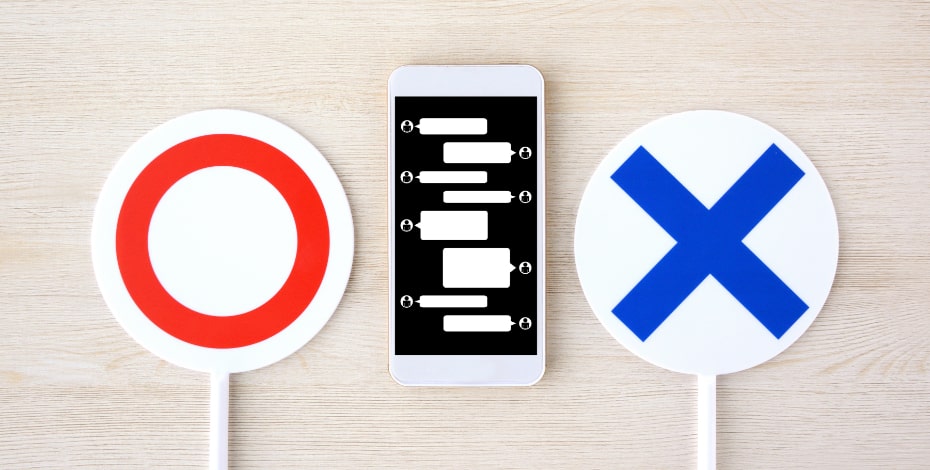
Social media etiquette (still) has an important role

The article below was first published in the June 2019 issue of InMotion magaziner to serve as a reminder to members that their online behaviours should mirror that of their face-to-face behaviours.
Sadly, however, the APA National Professional Standards Panel continues to receive complaints from members who have been on the receiving end of inappropriate and unprofessional comments from peers, either directly or indirectly.
The APA Code of Conduct is not specific in nature. There are no differing set of rules for online or offline behaviours.
The National Professional Standards Panel urges every member to read the reprinted article below and reflect carefully before hitting the ‘post’ button.
Two key values enshrined in our APA Code of Conduct are that we respect clients and colleagues, and that we collaborate with our peers and other stakeholders.
Part of this is being civil and courteous to each other. Which brings me to the wonderful world of social media.
There are huge advantages to the social media-influenced world we live in.
We have access to information like never before, the ability to be connected and share information like never before, and the ability to learn about and debate new ideas at a speed like never before.
There are also a couple of disadvantages, one of which is blurring of the personal–professional divide that used to exist.
In our connected world, I can be relaxing at home, in what should be a safe environment, yet still be bombarded with negative comments or be on the receiving end of bad behaviour.
I think our online emotions tend to mimic those we have when we drive a car.
Lots of us get more aggressive, less respectful and lose empathy for fellow commuters. This is probably because we are in a closed environment. We see a car trying to cut into our lane, not a person behind the wheel just trying to get home.
It’s the same with social media.
We are in our own bubble, with none of the usual feedback we would get in a face-to-face conversation.
We can’t use tone and volume to soften our message and we can’t track the other person’s body language to make sure they haven’t taken our comments the wrong way.
We need to see our online behaviour as an extension of our normal lives.
We wouldn’t accept a colleague screaming and shouting and carrying on at work, so why should we accept it in our online lives?
The answer is we shouldn’t. If it were one of our mates, we would have a quiet word and ask that they ‘pull your head in’.
Let’s make sure that we have vigorous debates without attacking the person on the other side of that debate.
Let’s use science, experience and logic to make our case, not personal attacks.
Let’s show respect to our colleagues who all have as much right to an opinion as we do (even if it is ill-informed).
Finally, in any analysis of cost (or risk) to potential benefit, there is no doubt that physiotherapists are great value.
For example, the rate of complaints against physiotherapists is one-tenth of the complaint rate against chiropractors.
There are structural reasons for this incredible low rate but there is no doubt the ‘culture’ of our profession, that is, the way we go about our business as physiotherapists, is one of the main factors.
Let’s make sure that as we change, adapt and advance our profession, we maintain the high standards that got us here.
>> Toni Andary, APAM, is the immediate past chair of the APA National Professional Standards Panel and the deputy president of the Physiotherapy Council of NSW.
© Copyright 2024 by Australian Physiotherapy Association. All rights reserved.





